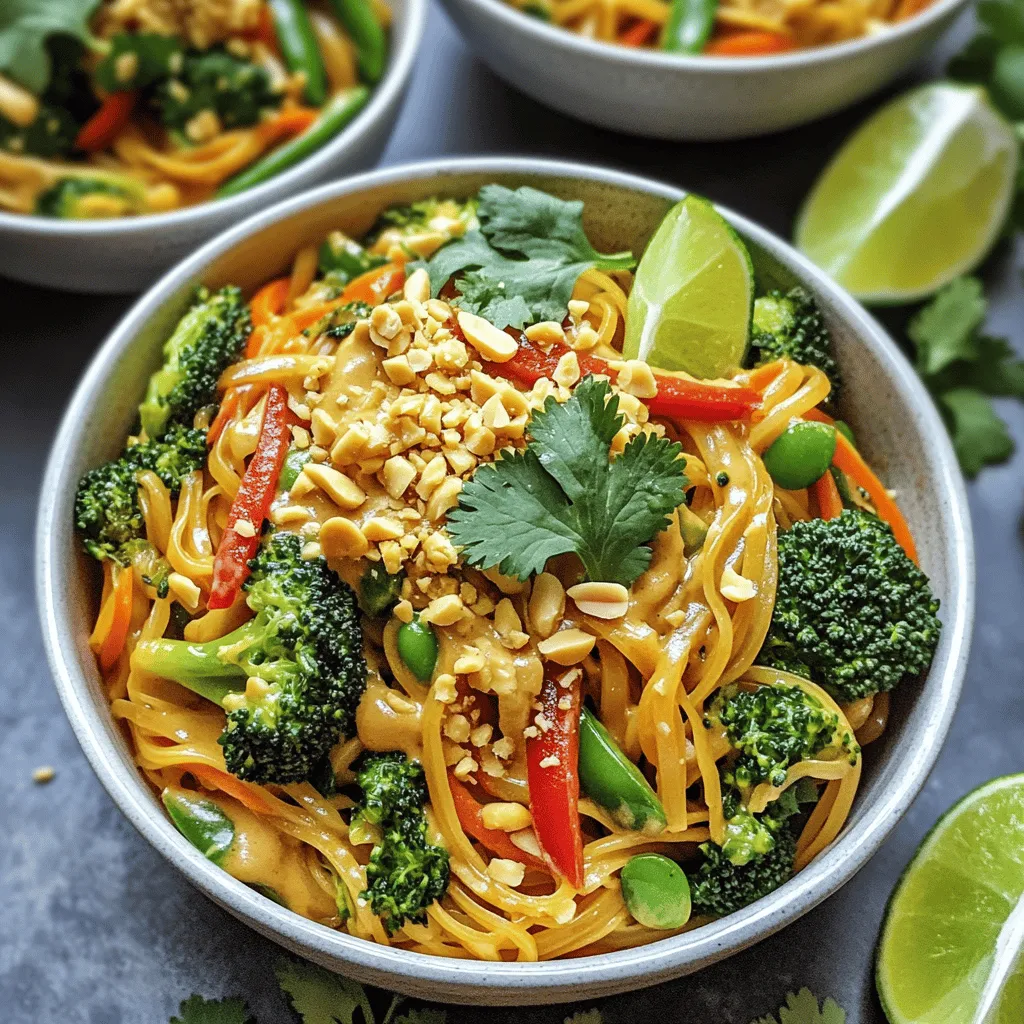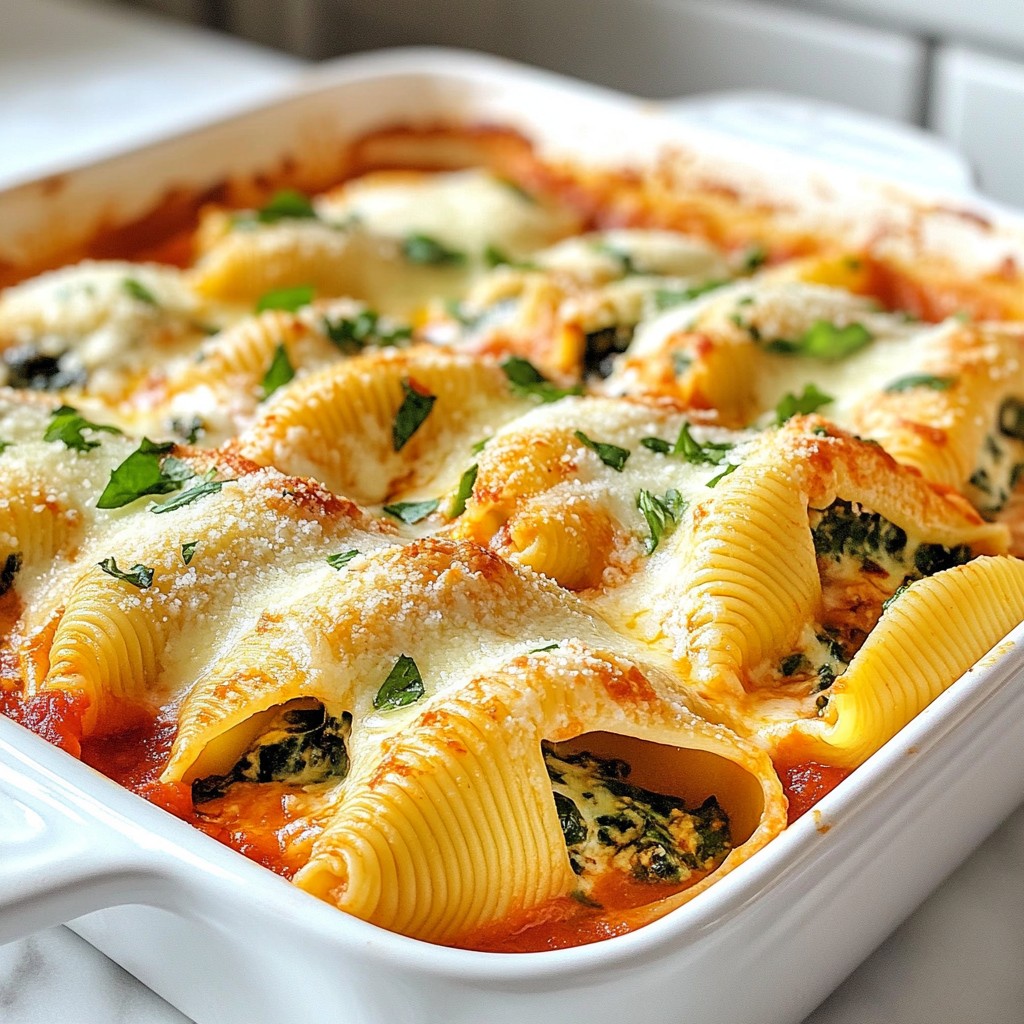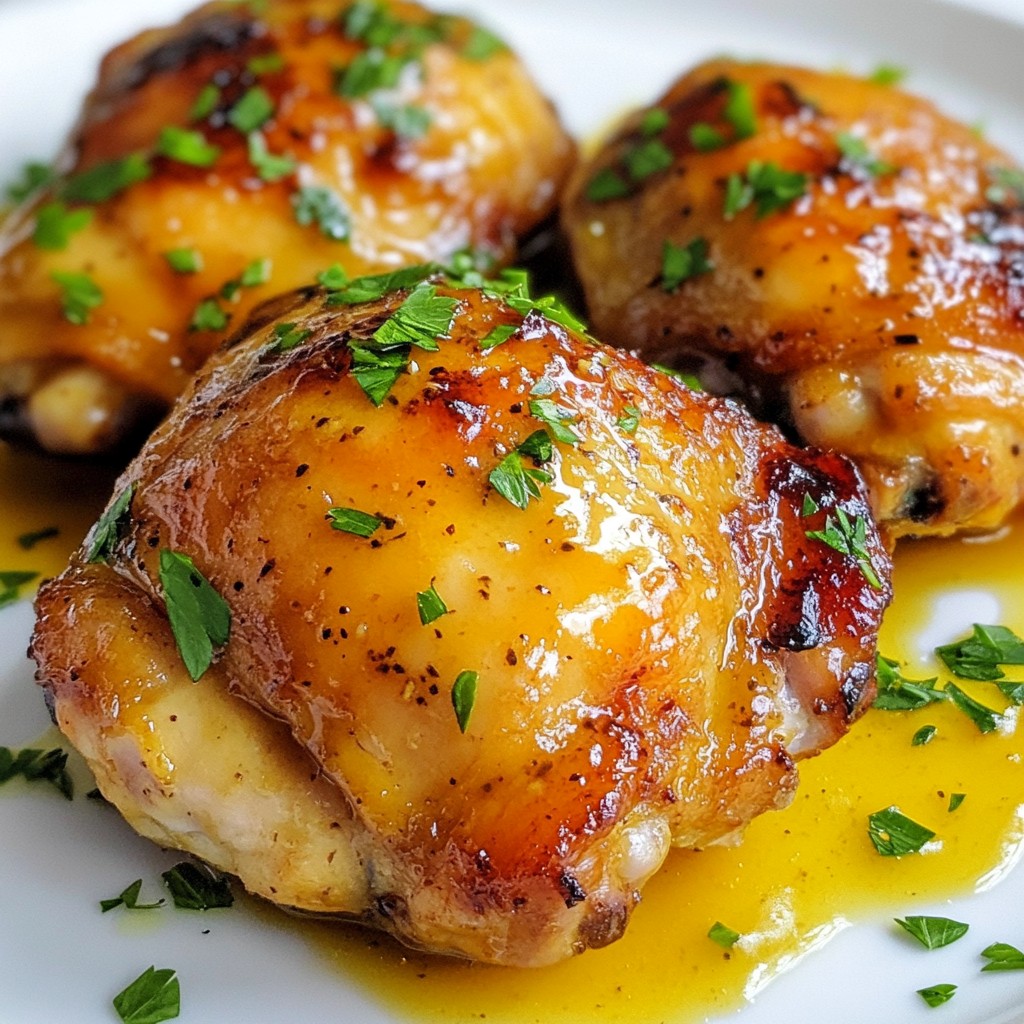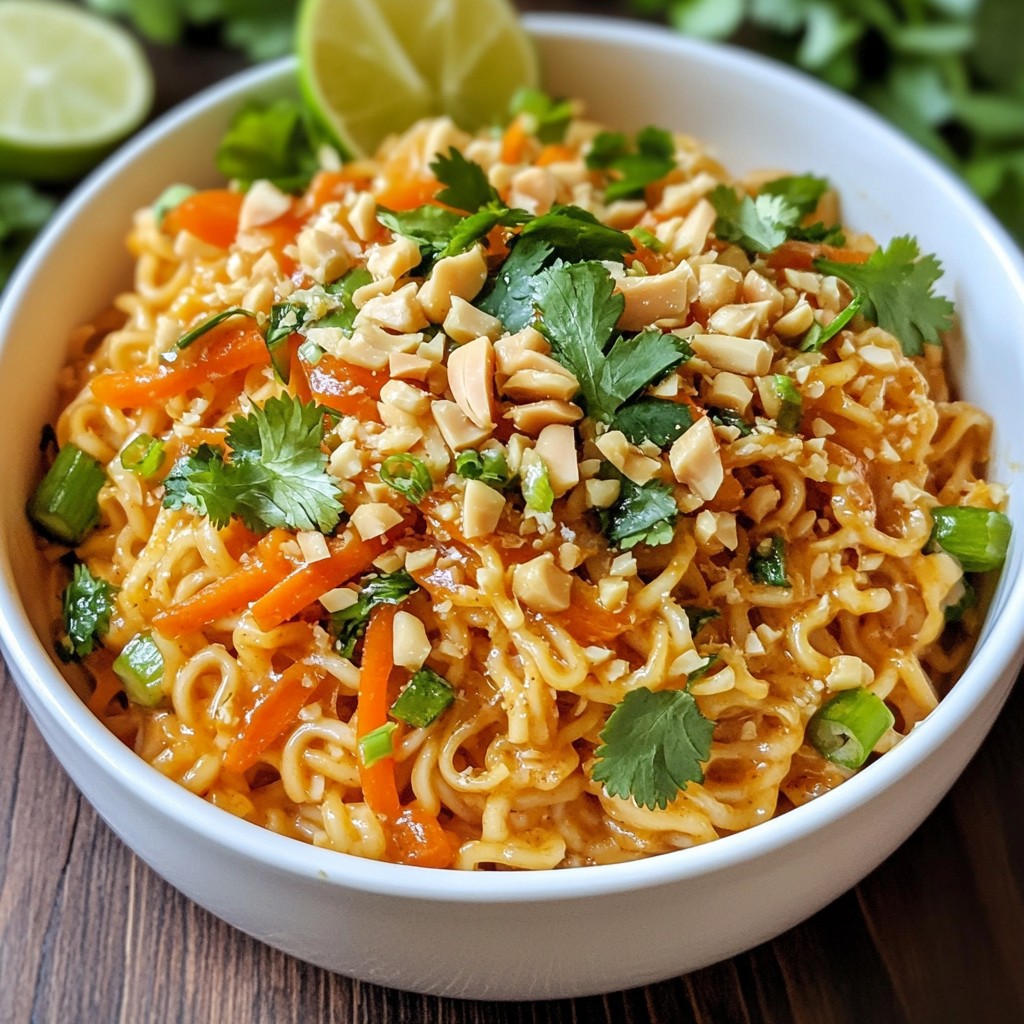Are you ready to elevate your dinner game with a simple yet scrumptious dish? Thai Peanut Noodles are a flavorful way to enjoy fresh veggies and creamy peanut sauce. This guide will walk you through easy steps, with tips to make it perfect. Whether you’re a novice in the kitchen or a seasoned chef, this recipe will satisfy your taste buds and impress your friends. Let’s dive in!
Ingredients
List of Ingredients for Thai Peanut Noodles
– 8 oz rice noodles
– 1 cup broccoli florets
– 1 red bell pepper, thinly sliced
– 1 carrot, julienned
– 1 cup snap peas, trimmed
– 1/2 cup crushed peanuts (reserve some for garnish)
– 3 green onions, chopped
– 2 tablespoons sesame oil
– 1 tablespoon rice vinegar
– 1 tablespoon soy sauce (or tamari for a gluten-free option)
– 1 tablespoon creamy peanut butter
– 1 teaspoon sriracha (or more to taste)
– 1 teaspoon fresh ginger, grated
– 2 cloves garlic, minced
– Fresh cilantro, for garnish
– Lime wedges, for serving
When making Thai Peanut Noodles, I love using fresh and colorful ingredients. They not only make the dish look great but also add tons of flavor. The rice noodles are the base. They soak up all the rich sauce. Broccoli florets give a nice crunch, while the red bell pepper adds sweetness. Carrots bring a pop of color, and snap peas add a fresh taste.
Next, let’s talk about the sauce. Creamy peanut butter is key. It makes the sauce rich and smooth. I also add soy sauce for saltiness and rice vinegar for a little tang. Sriracha brings heat, and fresh ginger and garlic pack in flavor. Finally, don’t forget the crushed peanuts on top! They add a lovely crunch.It will guide you through every step to make this dish truly special.
Step-by-Step Instructions
Cooking the Noodles
First, bring a large pot of water to a boil. Make sure it bubbles well. Add the rice noodles to the pot. Cook them for about 4-6 minutes. They should become soft but still firm. Once ready, drain the noodles. Rinse them under cold water to stop cooking. Set them aside for later.
Preparing the Sauce
In a medium bowl, mix the sauce ingredients. Combine sesame oil, rice vinegar, soy sauce, and creamy peanut butter. Add sriracha, grated ginger, and minced garlic. Whisk until the sauce is smooth. Taste it and adjust the spice. Add more sriracha if you like it hotter.
Sautéing the Vegetables
Heat a splash of oil in a large skillet over medium-high heat. Add the broccoli, red bell pepper, carrot, and snap peas. Cook these for about 3-4 minutes. Stir often to keep them crisp. You want them tender, but not mushy.
Combining Ingredients
Once your veggies are ready, add the drained noodles to the skillet. Pour the peanut sauce over everything. Toss everything together well so the sauce coats the noodles and veggies. Cook for another 2-3 minutes until it’s all hot.
Garnishing and Serving
Take the skillet off the heat. Stir in the crushed peanuts and chopped green onions. Serve the noodles hot. For a nice touch, garnish with fresh cilantro and add lime wedges on the side. This gives a bright, zesty flavor. Enjoy your flavorful Thai Peanut Noodles!
Tips & Tricks
Tips for Perfecting the Dish
– Timing for cooking noodles and vegetables: Start cooking the rice noodles first. They need about 4-6 minutes. While they cook, chop your veggies. This way, everything is ready at the same time. When the noodles are done, drain and rinse them quickly. This keeps them from getting mushy.
– Adjusting for preferred spice levels: If you love heat, add more sriracha to your sauce. Taste it before mixing it with the noodles. You can always add more, but you can’t take it out!
Common Mistakes to Avoid
– Overcooking the noodles: Watch the clock! Overcooked noodles turn mushy. They should be al dente, which means firm to the bite.
– Skipping the rinsing step: Rinsing the noodles helps remove excess starch. This keeps them from sticking together. Always rinse them under cold water right after cooking.
Enhancing Flavor and Texture
– Suggestions for additional toppings: Try adding fresh bean sprouts or a sprinkle of sesame seeds. They add crunch and flavor. You can also use grilled chicken or shrimp for extra protein.
– Pairing with side dishes: Serve these noodles with a fresh salad. A cucumber salad or Thai papaya salad complements the dish well. You could also serve them with spring rolls for a tasty combo!
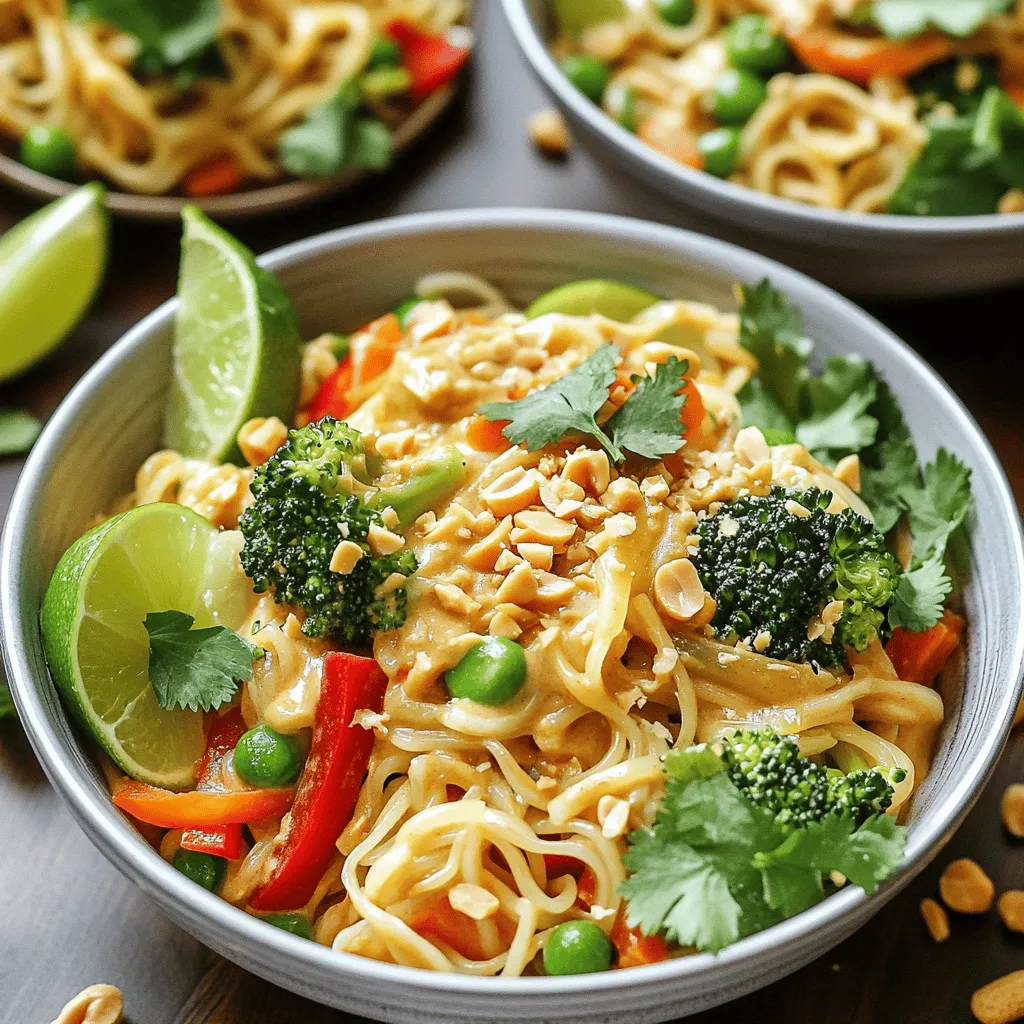
Variations
Vegetarian and Vegan Options
For a tasty vegetarian or vegan meal, swap out meat for tofu or tempeh. Tofu absorbs flavors well, so marinate it in soy sauce or your favorite sauce. Cut tofu into small cubes and sauté until golden. Tempeh offers a nutty flavor. Slice it thin and sauté for a crisp texture. You can also try using almond or cashew butter instead of peanut butter for a twist.
Gluten-Free Modifications
To make the dish gluten-free, choose tamari instead of soy sauce. Tamari has a rich taste and works well in this recipe. For noodles, stick to rice noodles, as they are naturally gluten-free. You can also use zucchini noodles for a low-carb option.
Regional Variations
Thai cuisine inspires these peanut noodles. The combination of peanut butter and soy sauce creates a rich taste. In other countries, you may find similar dishes with local flavors. In Indonesia, for example, they add sweet soy sauce for a different sweet note. In some Western countries, you might see additions like chicken or shrimp for protein. Each variation brings a unique twist to the classic peanut noodle dish.
Storage Info
How to Store Leftovers
Store leftover Thai Peanut Noodles in an airtight container. Glass or BPA-free plastic containers work best. Make sure to cool the noodles first before sealing them. This helps keep the texture and taste fresh. You can store them in the fridge for up to three days.
Reheating Instructions
To reheat, use a microwave or a skillet. If using a microwave, heat in 30-second intervals. Stir between each interval to warm evenly. If using a skillet, add a splash of water to keep them moist. Heat on low for about 5 minutes, stirring frequently. This keeps noodles from becoming sticky.
Freezing Options
You can freeze Thai Peanut Noodles for later use. Pack them in freezer-safe containers or bags. Remove as much air as possible to prevent freezer burn. They can last up to three months in the freezer. When ready to eat, thaw them overnight in the fridge. Reheat using the methods mentioned above.
FAQs
How long are Thai Peanut Noodles good for?
Thai Peanut Noodles stay good for about three to four days in the fridge. Store them in an airtight container to keep them fresh. If they start to dry out, add a splash of water before reheating. This helps bring back some moisture.
Can I make Thai Peanut Noodles ahead of time?
Yes, you can make Thai Peanut Noodles ahead of time! Cook the noodles and veggies, then store them separately. Mix the sauce and keep it in the fridge. When you’re ready to eat, just combine everything. This way, your noodles stay fresh and tasty.
What should I serve with Thai Peanut Noodles?
You can serve Thai Peanut Noodles with many dishes! Try pairing them with:
– Spring rolls
– Thai salad
– Grilled chicken
– Fried tofu
– Steamed rice
These sides add variety and balance to your meal.
Are Thai Peanut Noodles spicy?
The spice level depends on how much sriracha you add. You can make them mild by using less sriracha. If you love heat, feel free to add more! Taste the sauce first, then adjust to your liking.
Can I use vegetables other than those listed?
Absolutely! Feel free to swap out or add different veggies. Some great options are:
– Bell peppers
– Zucchini
– Mushrooms
– Spinach
– Carrots
Mix and match based on what you like or have at home.
How to make Thai Peanut Noodles vegan?
To make Thai Peanut Noodles vegan, use plant-based ingredients. Choose a vegan soy sauce or tamari. Make sure the peanut butter is free from animal products. All the fresh veggies are already vegan, so you’re good to go!It covers everything from ingredients to cooking methods.
This blog post covered making Thai peanut noodles from scratch. We explored the key ingredients and step-by-step instructions for cooking. I shared tips to perfect your noodles and how to avoid common mistakes. You can easily make vegetarian, vegan, or gluten-free versions too. Remember to store leftovers properly and reheat them gently. With this knowledge, you can enjoy a delicious dish any night. Dive in and make your own flavorful creation!
